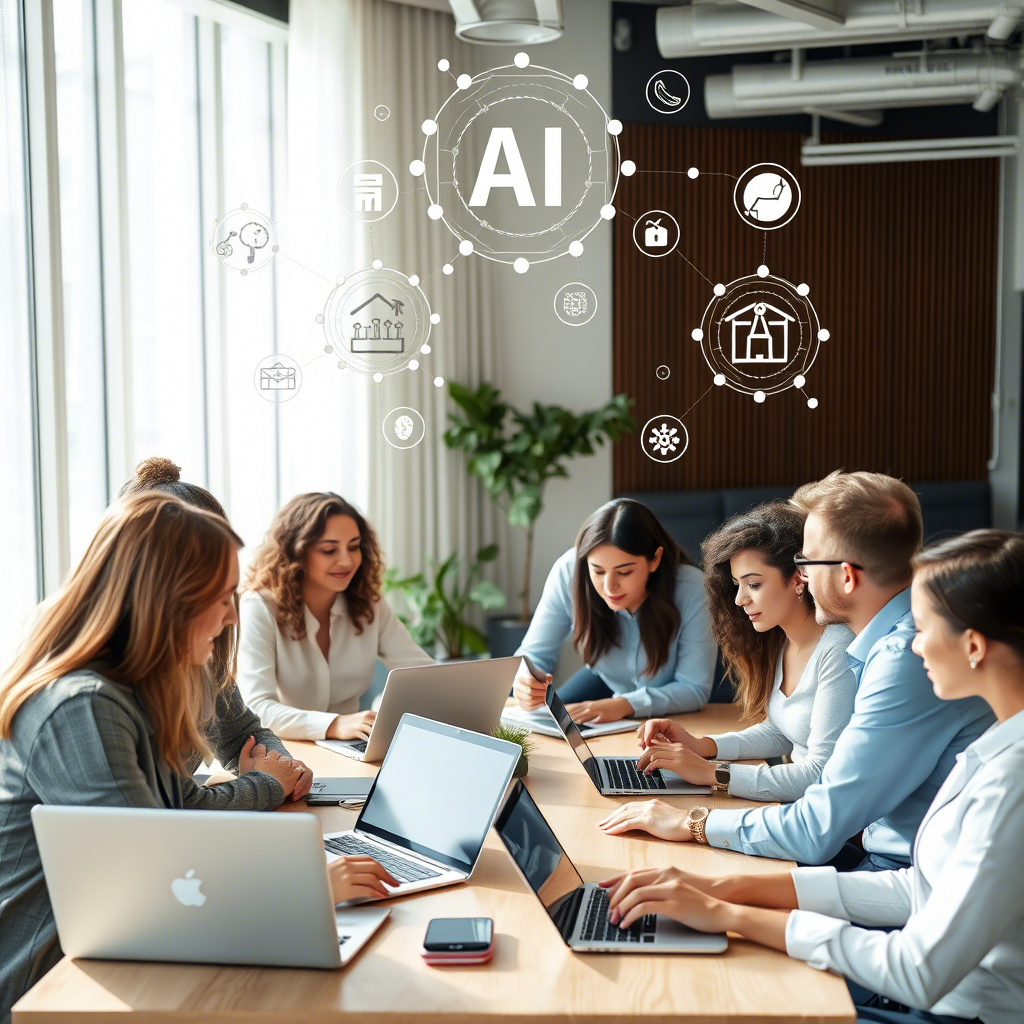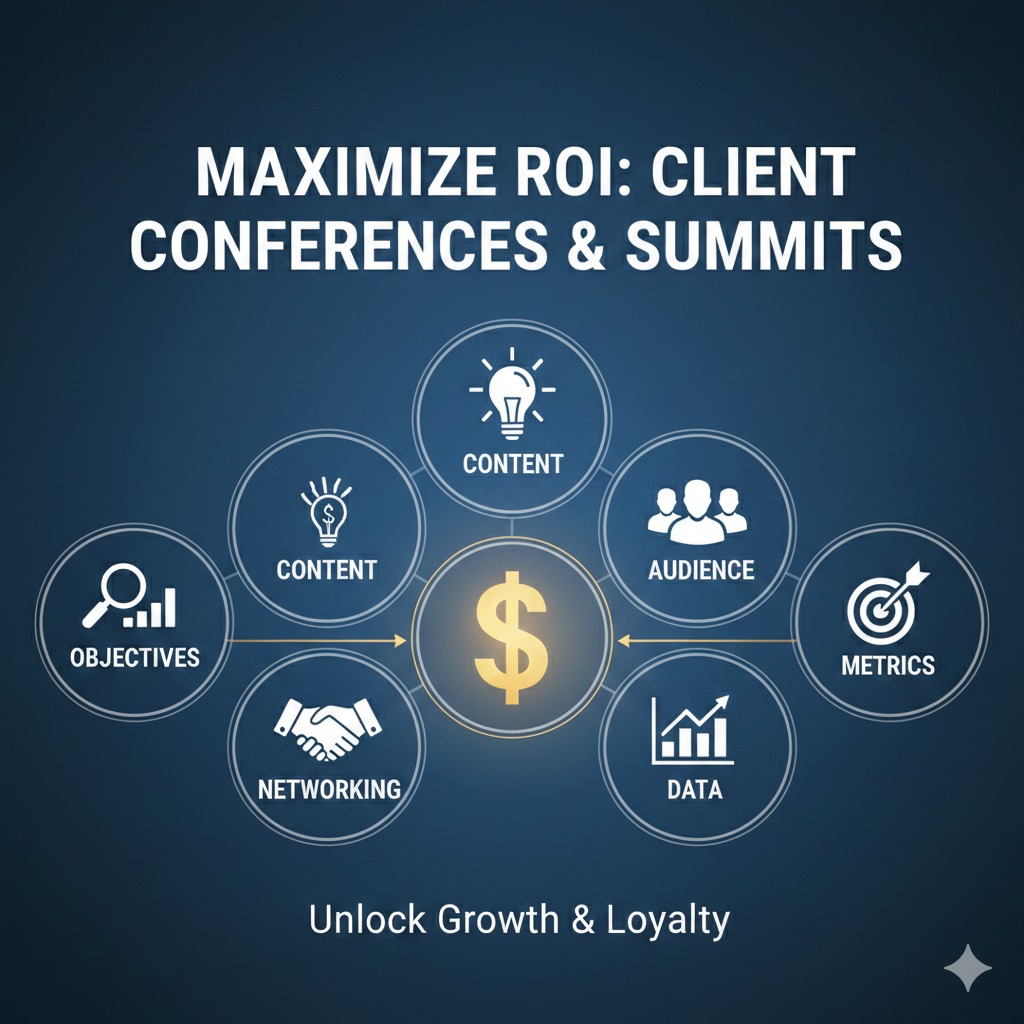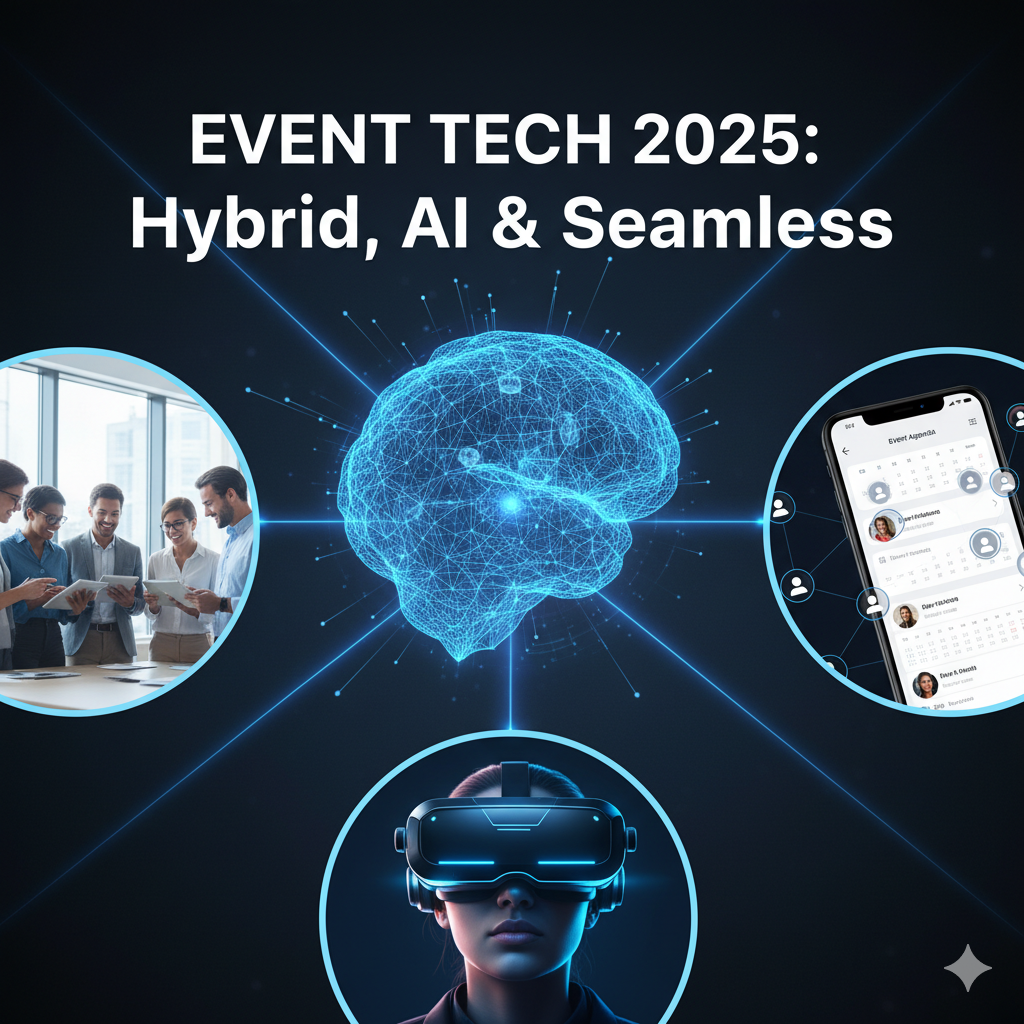How AI is Revolutionizing Event Software: The Future of Seamless Event Management

In a world increasingly driven by artificial intelligence, industries across the board are transforming how they operate. One area undergoing a dramatic shift is the world of event planning and management. From conferences and corporate events to festivals and private gatherings, event software powered by AI is making it easier than ever to plan, manage, and analyze events. In this post, we explore the profound impact AI is having on event software and how businesses can leverage it to create exceptional attendee experiences, save time, and maximize ROI.
The Evolution of Event Software
From Spreadsheets to Smart Platforms
Historically, event planning was a manual, time-consuming process managed through spreadsheets, emails, and basic scheduling tools. Early event management software helped streamline tasks like ticketing, registration, and agenda building, but required heavy human input and offered limited automation. As AI technology has matured, modern platforms now enable real-time personalization, automated communication, predictive analytics, and even content generation.
According to Allied Market Research, the global event management software market was valued at $6.9 billion in 2021 and is projected to reach $18.4 billion by 2031, with a CAGR of 10.2% from 2022 to 2031. AI is a significant driver of this growth.
Key AI-Driven Features in Modern Event Software
1. Automated Scheduling and Smart Recommendations
AI algorithms can analyze attendee profiles, session preferences, and past behavior to recommend personalized schedules, optimize session times, and prevent overbooking. For planners, this means reduced guesswork and maximized engagement.
Stat: Events using AI-driven scheduling see a 23% increase in attendee session engagement, according to a 2023 study by EventMB.
2. Natural Language Chatbots and Virtual Assistants
AI-powered chatbots can provide real-time customer service on event websites and mobile apps. From answering FAQs to helping attendees register or navigate the venue, virtual assistants handle thousands of queries instantly without the need for extra staffing.
Stat: A HubSpot report found that 90% of customers expect an immediate response when reaching out for support, and AI chatbots reduce response times by over 80%.
3. Predictive Analytics and Forecasting
By analyzing registration trends, social media buzz, and demographic data, AI can predict attendance numbers, food and beverage consumption, and potential no-show rates. This enables smarter budgeting and resource allocation.
Example: IMEX Frankfurt used predictive analytics to reduce food waste by 25% while increasing guest satisfaction through optimized vendor deployment.
4. Content Generation and Personalization
AI can help create personalized email campaigns, session reminders, and marketing content based on attendee preferences and behavior. Post-event summaries, thank-you emails, and feedback forms can also be auto-generated, saving time and improving follow-up.
Stat: AI-personalized emails see 3x higher open rates and 2x higher click-through rates compared to non-personalized messages (Salesforce, 2023).
5. Facial Recognition and Smart Check-Ins
With computer vision technology, AI can speed up check-ins using facial recognition. This reduces long lines, enhances security, and provides a touchless entry experience—especially valuable in post-pandemic event settings.
Example: At CES 2023, facial recognition cut attendee check-in times by 65% while improving security screening.
6. Sentiment Analysis and Real-Time Feedback
During the event, AI can monitor social media mentions, app feedback, and survey responses in real-time to gauge attendee sentiment. Event organizers can use this data to make live adjustments and improve the overall experience.
Stat: Real-time sentiment monitoring has been shown to improve attendee satisfaction scores by up to 18% (Skift Meetings, 2022).
Benefits of AI-Driven Event Software
Save Time and Resources
AI automates repetitive tasks like scheduling, communication, and data entry—freeing event teams to focus on strategy, creativity, and guest experience.
Stat: Event organizers report a 30–40% time savings by automating routine processes through AI (Bizzabo, 2023).
Create Hyper-Personalized Experiences
From recommending sessions and seating arrangements to pushing timely notifications and content, AI ensures every attendee feels like the event was built just for them.
Boost Attendance and Engagement
Personalized outreach and predictive reminders help increase turnout. On-site features like smart badges, matchmaking, and gamification improve interaction and satisfaction.
Stat: Events with AI-based personalization tools report a 27% boost in attendee participation (EventTechBrief, 2023).
Improve ROI and Data Insights
AI captures and interprets massive volumes of event data—from registrations and dwell time to social media impact—providing valuable insights to improve future events and quantify success.
Example: After integrating AI analytics, Salesforce’s Dreamforce event reported a 15% increase in post-event conversions year over year.
Real-World Use Cases
Conferences and Seminars
AI optimizes session scheduling, sends personalized updates, and suggests networking opportunities based on LinkedIn profiles or app activity.
Corporate Events and Product Launches
AI helps personalize the agenda based on job titles, interests, and prior attendance. It also assists in crafting follow-up messaging tailored to the individual journey.
Trade Shows and Expos
Intelligent lead scoring, heat mapping, and AI-driven matchmaking ensure vendors and attendees find the most relevant connections, maximizing business value.
Festivals and Entertainment Events
AI-powered tools help forecast crowd flow, recommend performances, and deliver real-time safety alerts through the mobile app.
What to Look for in an AI-Powered Event Platform
When selecting an AI-enhanced event software solution, consider these features:
- Customizable workflows and templates for different event types
- Data privacy and security controls to protect attendee information
- Seamless integrations with CRM, marketing, and ticketing platforms
- Mobile app functionality with AI-powered scheduling and chat
- Actionable reporting dashboards with real-time analytics
Challenges and Ethical Considerations
Data Privacy and Consent
AI systems depend heavily on data. Event planners must ensure they collect data ethically and comply with regulations like GDPR and CCPA.
Bias and Fairness
AI algorithms can unintentionally reflect biases present in their training data. Planners should monitor for fairness in matchmaking, recommendations, and prioritization.
Cost and Complexity
AI-powered platforms may come at a higher price point or require training. However, the long-term ROI and time savings typically outweigh the upfront investment.
Tip: Many platforms offer scalable pricing, and studies show that 70% of event professionals recoup AI software costs within the first two events.
The Future of AI in Event Software
The integration of AI into event software is still evolving. Emerging trends include:
- Generative AI for creating session content, keynote scripts, and custom visuals
- Voice AI for hands-free navigation and real-time translation
- Digital twins to simulate event layouts and traffic flow before execution
- Advanced matchmaking algorithms based on psychographic profiles and behavioral cues
As AI continues to improve, event software will become even more intuitive, automated, and aligned with attendee needs.
Conclusion: Embrace the AI-Powered Event Era
AI is no longer a futuristic add-on—it’s becoming the backbone of modern event management. With its ability to streamline operations, elevate the attendee experience, and generate actionable insights, AI-driven event software is transforming how we plan and execute events.
Whether you’re organizing a global conference, launching a product, or hosting a small team retreat, embracing AI tools will help you stay competitive, agile, and impactful.
If you're considering upgrading your event tech stack, prioritize platforms that put AI front and center. The future of event planning is smart, scalable, and powered by intelligence.
Ready to see what AI can do for your next event? Explore our AI-first platform at [EventSoftware.com] and schedule a personalized demo today.
See more blogs
You can all the articles below
Ready to Find Your Perfect Solution?
Let us show you how Event Software can transform your events










